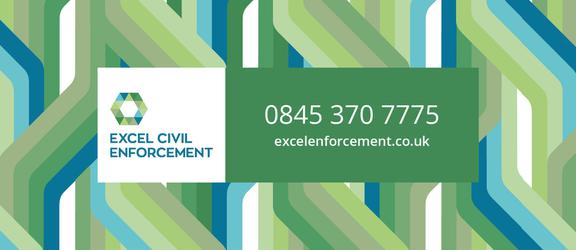
Universal Credit

The introduction of Universal Credit has led to increased evictions and homelessness in areas where it has been rolled out. The figures suggest that those tenants claiming Universal Credit have more than double the arrears of those still on housing benefit. One in 34 households receiving Universal Credit face eviction compared with one in 79 who are still on housing benefit.
There are currently over one million people claiming Universal Credit, and this figure will eventually rise to around eight million once it has been rolled out across the country.
Payment in arrears
One of the key issues identified is the length of time it takes for an application to be processed. It can take five weeks from submitting a completed application to receive a payment, by which time the applicant is likely to be in arrears.
In 2017/2018 Citizens Advice was approached for advice by 93,000 who were in council tax arrears.
Universal Credit deductions
An individual can have up to 40% of a standard monthly Universal Credit payment deducted. These deductions can go towards rental arrears, council tax arrears, utility arrears and benefit over-payments.
These deductions from Universal Credit payments are leading directly to increased use of food banks and poverty. Deductions make it harder for families to keep their heads above water. The schedule of deductions can be unpredictable and are made without warning.
Transitional protection payments
Transitional protection payments are payments made available to top up payments so individuals aren’t worse off under the universal credit system. This transitional protection is only made available to those being migrated to the Universal Credit system and not new claimants. It will also not be made if you have a change in household circumstances.
Once a household or individual has lost a transitional payment, they cannot regain it meaning they will be left worse off if they have a change in circumstances.
Support needs to be put in place
Individuals moving from weekly to monthly payments will need support, they should be made aware of support available to them and how to budget and manage financially.
Increased use of food banks
The Trussell Trust report highlighted that only 8% of claimants are offered any kind of support whilst waiting for their first payment. If an individual is in work this can have implications on their ability to afford to travel to work and make payments for rent and bills.
The Trussell Trust has set out several recommendations including ensuring if an area is moving to Universal Credit that information and advice is available to claimants. This could include support from front line charities and foodbanks. Education and support must be made available for those who need it and find managing money and budgeting difficult. You can read more here about the Trussell Trust and the work they do.
There is currently a motion for leave to bring in a Bill by Dr Phillipa Whitford (Central Ayrshire, SNP) you can read more about this here.




